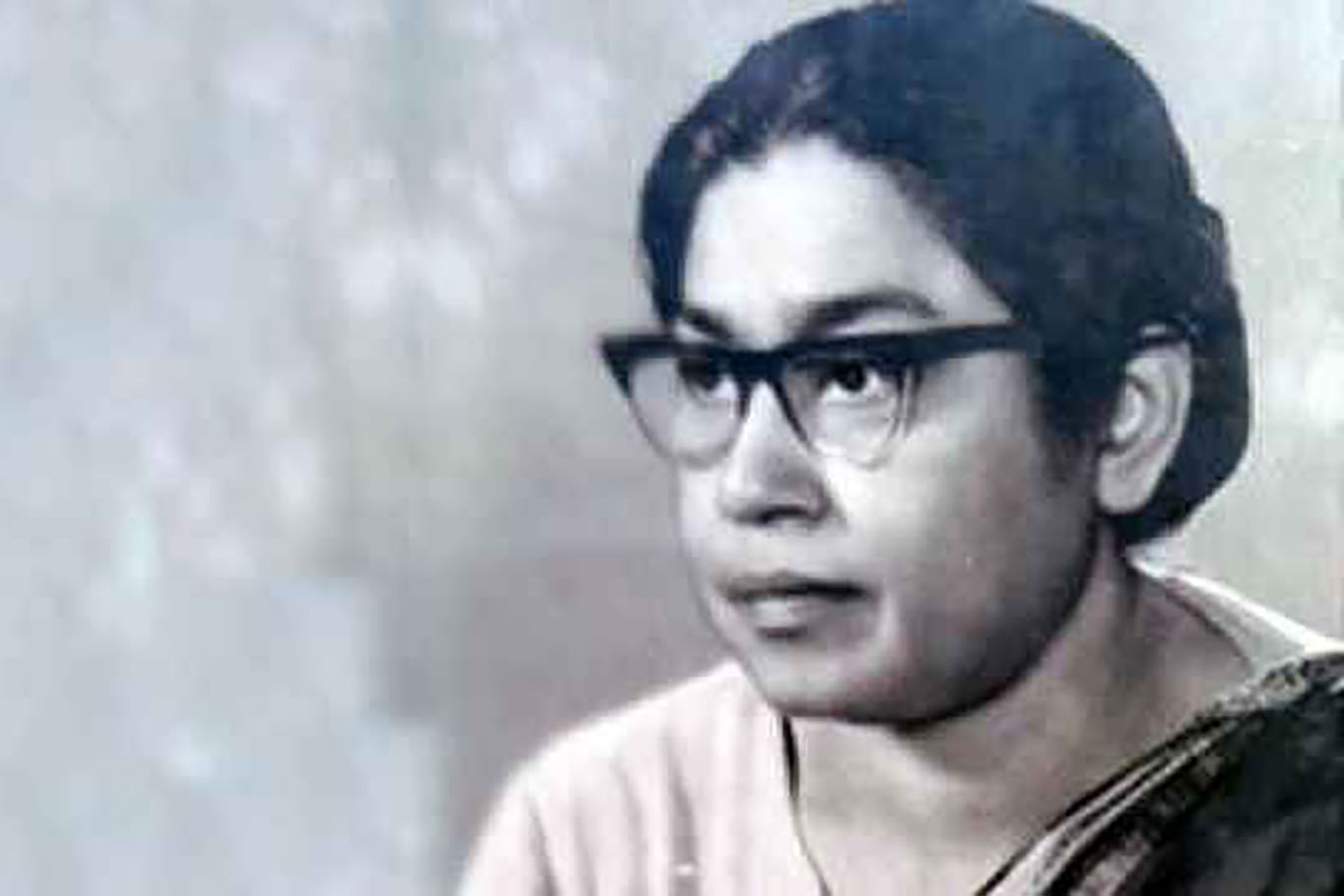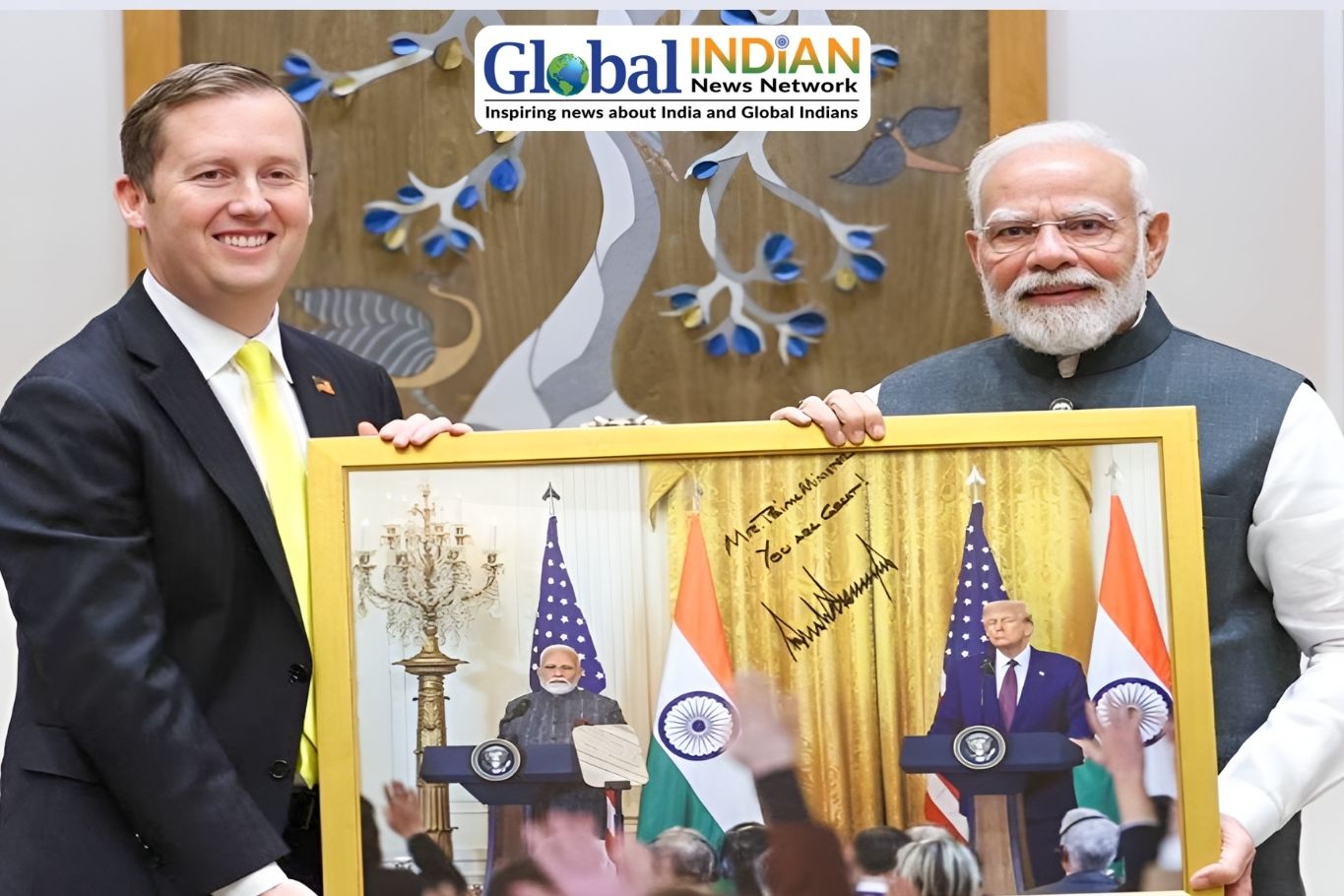 In 1966, India made history by electing its first female Prime Minister, Indira Gandhi. However, three years earlier, in 1963, the country witnessed another significant milestone with Sucheta Kripalani assuming office as the first female chief minister of Uttar Pradesh. On her 119th birthday, on June 25, 2017, it’s worth exploring her life and legacy, shedding light on her pivotal role in India’s freedom struggle and her subsequent political career post-independence.
In 1966, India made history by electing its first female Prime Minister, Indira Gandhi. However, three years earlier, in 1963, the country witnessed another significant milestone with Sucheta Kripalani assuming office as the first female chief minister of Uttar Pradesh. On her 119th birthday, on June 25, 2017, it’s worth exploring her life and legacy, shedding light on her pivotal role in India’s freedom struggle and her subsequent political career post-independence.
Born in 1908 in present-day Haryana’s Ambala, Sucheta Kripalani received her education at Delhi’s Indraprastha College and later became a professor of Constitutional History at Banaras Hindu University. Her involvement in India’s fight for independence was notable, particularly during the Quit India Movement of 1942, where she stood alongside other prominent female leaders like Aruna Asaf Ali and Matangini Hazra, fearlessly opposing British colonial rule. Additionally, Kripalani played a crucial role in establishing the women’s wing of the Congress party in 1940.
As a member of the Constituent Assembly, tasked with drafting India’s constitution, Kripalani contributed significantly to shaping the nation’s future. Despite being one of only 15 women among the Assembly’s 299 members, she made her mark alongside eminent figures like Sarojini Naidu and Vijayalakshmi Pandit. Post-independence, Kripalani served as an MP from New Delhi and held ministerial positions in Uttar Pradesh’s state government, including Minister of Labour, Community Development, and Industry.
Assuming office as Uttar Pradesh’s chief minister in 1963, Kripalani succeeded Chandra Bhanu Gupta and held the position until 1967. Notably, she was married to prominent freedom fighter and politician Acharya JB Kripalani, who founded the Kisan Mazdoor Praja Party (KMPP). Despite her husband’s divergence from Congress, Sucheta remained loyal to the party, except for a brief association with KMPP.
Kripalani’s tenure paved the way for future female chief ministers in India, including notable figures like Jayalalithaa, Sheila Dikshit, Vasundhara Raje, and Rabri Devi. Her legacy as a pioneering leader continues to inspire generations of women in India’s political landscape.











